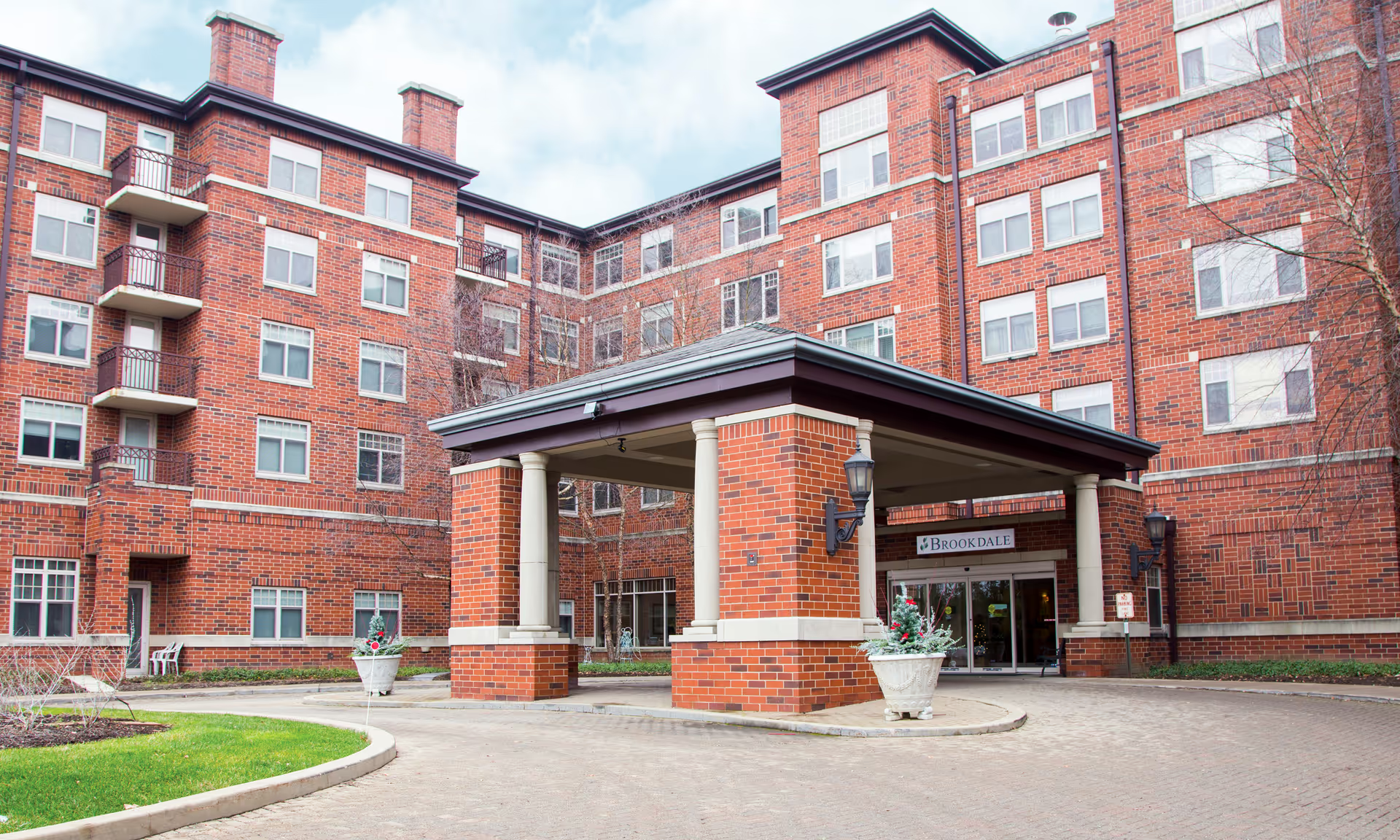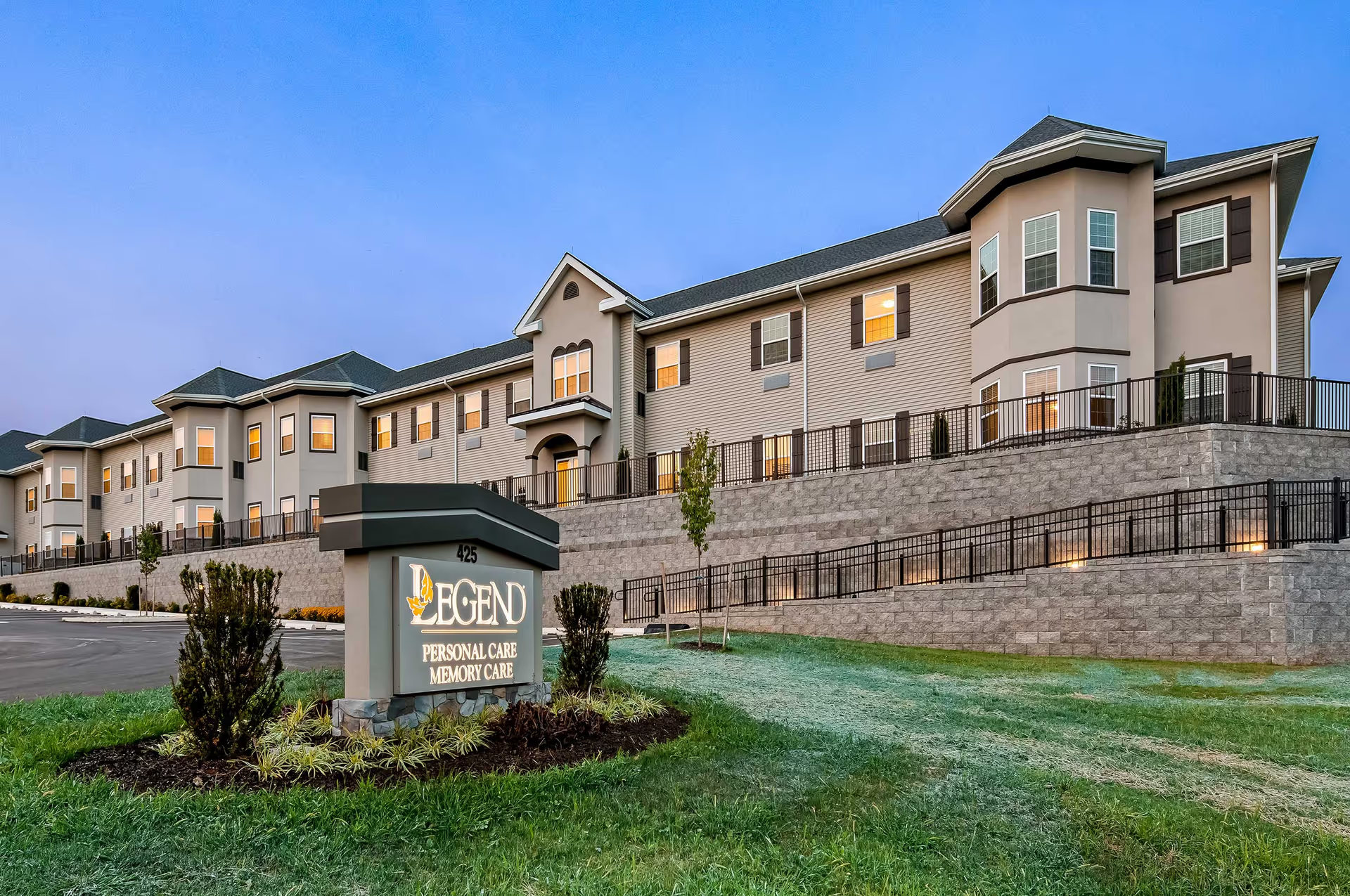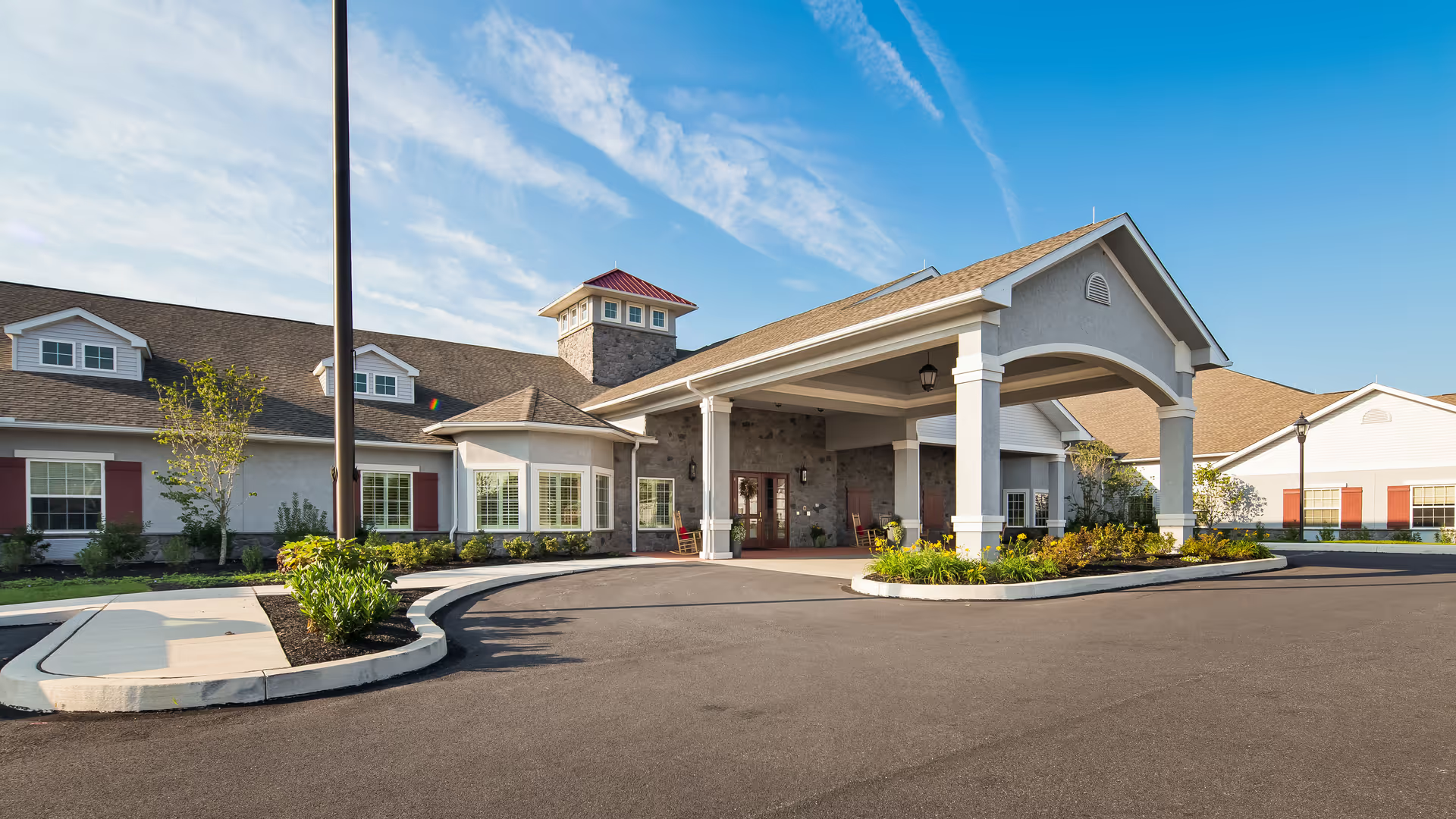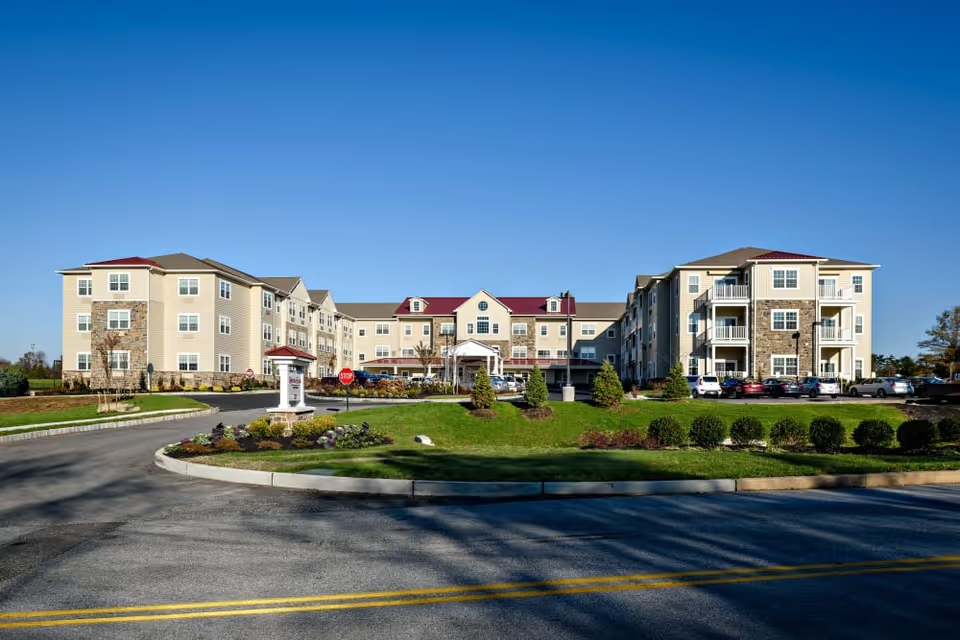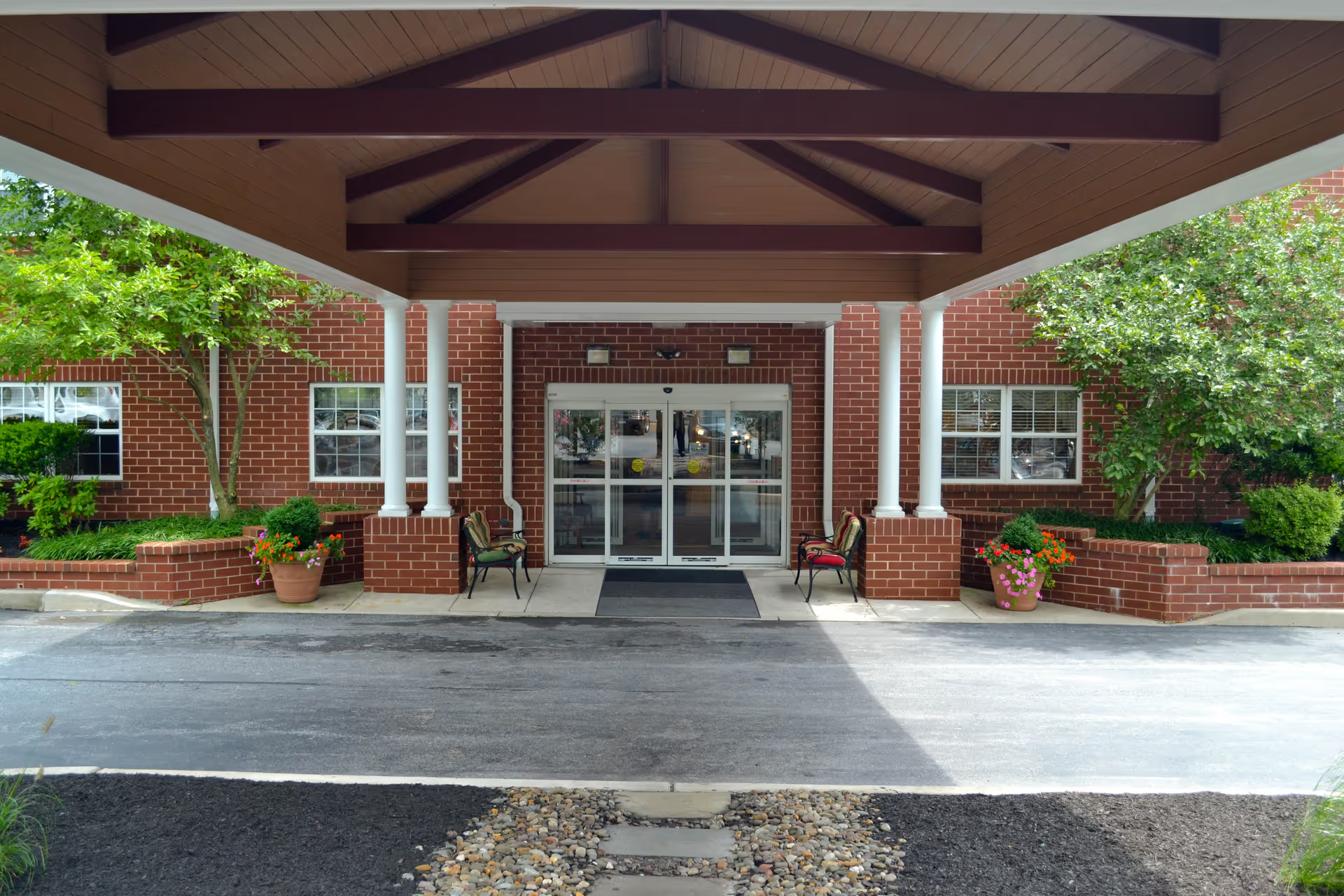Overall impression: Reviews for Durham Ridge Assisted Living are highly polarized, with a mix of strongly positive accounts praising the social environment and specific staff members, and very serious negative accounts alleging neglect, poor management, and pest/cleanliness problems. Multiple reviewers describe a warm, activity-rich setting where residents can stay physically and mentally active, while numerous other reviewers raise safety, health, and administration concerns that families should not ignore. The pattern is one of uneven quality: some units and shifts are described as well-run and caring, while others are reported as unsafe or poorly maintained.
Care quality and clinical concerns: A recurring and serious theme is inadequate medical care and poor response to emergencies. Several reviews allege refusal or delay in calling 911 or taking residents to the emergency room, with at least one reviewer linking such an incident to a resident becoming unresponsive and later dying. Reviewers report inadequate wound care, lack of proper assessment of life‑threatening symptoms, and general failure to follow up on clinical concerns. These accounts are reinforced by allegations of neglect and abuse, residents falling or getting injured and not being properly monitored or assisted. In contrast, other reviewers say their relatives were properly and cheerfully cared for; however, the presence of multiple reports about missed clinical signs and poor wound care is a red flag, especially for residents with significant medical or dementia-related needs.
Staffing, training, and behavior: Staff descriptions are mixed but revealing. Many reviews praise individual caregivers as caring, cheerful, and hardworking (some even naming a positive caregiver, e.g., Nadine). Several reviewers explicitly describe emotional and social support — hugs, friendly interactions, and staff who create a positive atmosphere. At the same time, serious concerns appear about staff qualifications and training: reviewers report that many staff are not CNAs, lack training to identify life‑threatening symptoms, and have allegedly failed drug tests. There are also allegations of dishonesty, discriminatory behavior during hiring/drug tests, rude or unprofessional conduct, and poor accountability when items go missing. This split suggests variability in staff competence and conduct across shifts or units.
Facilities, cleanliness, and safety: Facility-related complaints are frequent and specific. Multiple reviewers report pest infestations — bed bugs in the 100 unit, ants in the 200 unit, and cockroaches in the 300 unit — and at least one account of beds being discarded due to infestation. Other cleanliness issues include reports of a stomach virus outbreak and general filth in some areas. Physical-safety concerns include an unsafe door that will not lock, lack of lifts/equipment for safe transfers, and old or poorly maintained facilities. Conversely, some reviewers explicitly say the building is always clean and well-run, underscoring inconsistent conditions between units or over time.
Activities, social life, and atmosphere: One of the strongest consistently positive threads concerns activities and social life. Multiple reviewers highlight frequent outings, regular exercise sessions (including walks to the mall), varied daytime activities, live music and singing, and a generally festive or home-like atmosphere. For residents who are socially engaged and do not require high medical support, these offerings appear to be a significant benefit and contribute to relatives feeling their loved ones are stimulated and content.
Management, accountability, and ownership concerns: Management and administration draw many of the most negative comments. Reported issues include inexperienced new administrators, unresponsiveness to family concerns, firing of staff or complainants, lack of follow-through on incident reports, and a perception that the owner is “money hungry.” Several reviewers urge filing complaints or contacting the owner and call for health department inspection. These administrative problems amplify clinical and facility issues because they suggest systemic failure to investigate or remedy problems.
Patterns, contradictions, and practical advice: The reviews present a stark contradiction: numerous family members report satisfaction, compassionate caregivers, and strong programming, while others report neglect, pest infestations, unsafe conditions, and clinical failures. This suggests variability across units, shifts, or time periods rather than a uniformly good or bad operation. For prospective families, the most prudent course is targeted due diligence: ask about recent pest control history and inspections; request documentation of staff training, certifications (CNAs), background checks, and drug-testing policies; inquire about emergency protocols and examples of recent incidents and responses; tour the specific unit where your loved one would live (not just common areas); and seek recent references from current families. If a loved one has high medical needs or dementia with increased fall risk, these reviews indicate elevated risk and the need to consider higher-acuity options.
Conclusion: Durham Ridge appears to offer strong social programming and has many caregivers who are committed and compassionate, which can make it an excellent fit for relatively independent residents who value activities and social engagement. However, the number and severity of complaints — especially regarding pest infestations, inconsistent cleanliness, refusals to summon emergency care, inadequate clinical attention, and poor management responsiveness — are significant. These issues warrant careful investigation before admission and may justify regulatory inspection or intervention. Families should verify current conditions, staffing credentials, emergency procedures, and pest-control records and should remain vigilant if they choose this facility.


